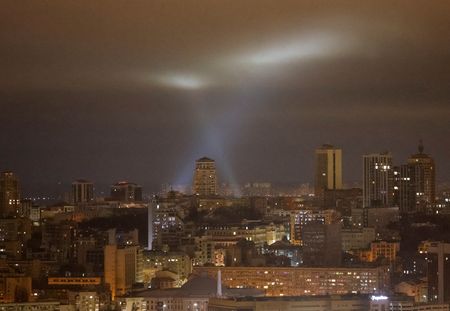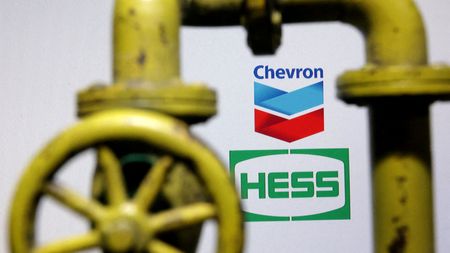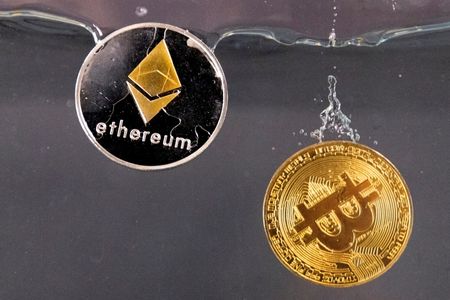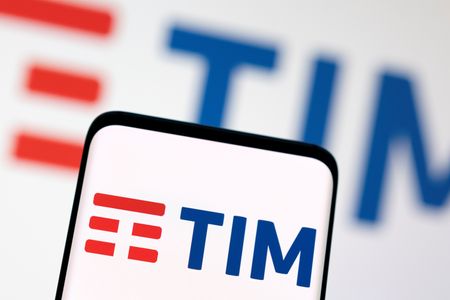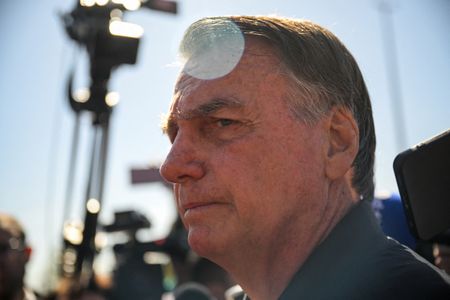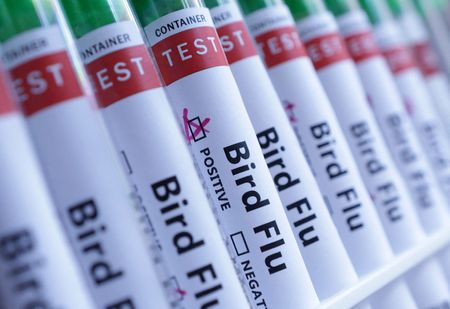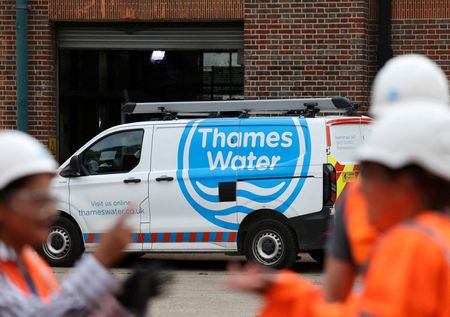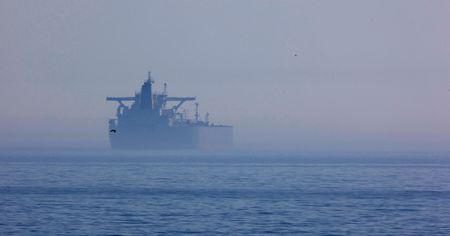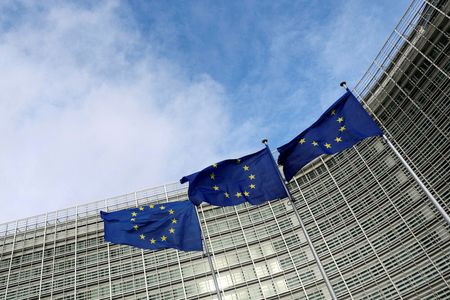By Brad Haynes, Max Schwarz and Marta Fiorin
DAVOS, Switzerland (Reuters) – As Ukraine’s president discussed peacekeeping forces needed to enforce any ceasefire and U.S. President Donald Trump urged an end to three years of war, Ukrainian officials were courting private investors this week to help rebuild the country.
Oleksiy Sobolev, first deputy economy minister, described a $500 billion reconstruction effort that would pay both strategic and financial dividends to Western investors, as Kyiv steps up privatisation plans to attract foreign capital.
“It’s the private sector that’s going to be doing these investments,” Sobolev said on the sidelines of the World Economic Forum’s annual meeting, describing recent success with smaller privatisations.
“We’re looking at privatising more. It’s the right time right now to open the bigger companies,” he added.
U.S. President Donald Trump told WEF attendees on Thursday that he wants to end the war in Ukraine.
“Our efforts to secure a peace settlement between Russia and Ukraine are now, hopefully underway. It’s so important to get that done,” Trump said in an address from Washington.
Trump’s fledgling second administration has led some to recast the bilateral relationship between the U.S. and Ukraine in terms of narrow economic interest.
“Your country first. Win with us,” suggested the sign greeting visitors to the Ukraine House in Davos.
“The discussion about Ukraine is always about … how do we help Ukraine?” said Kurt Volker, a former U.S. ambassador to NATO, adding: “We need to look at Ukraine as part of the solution for so many of the problems that we need to deal with.”
He highlighted Ukraine’s potential as a producer of cleaner and more secure energy for Europe, and as a supplier of battle-tested weaponry on a continent where defence spending is on the rise.
President Volodymyr Zelenskiy told leaders on Tuesday that domestic assembly lines already produced 40% of the weaponry Ukrainian forces are using on the front lines.
His special adviser Oleksandr Kamyshyn told Reuters that this share has risen due in part to the “dozens” of domestic joint ventures with defence firms from Western nations already investing in Ukrainian facilities.
“That’s not only a local office (or) local factory, that’s also R&D,” Kamyshyn said in an interview. He declined to name partners, but said more than 10 are German, adding: “They are quite heavy … big names from the U.S. side.”
Russian attacks on Ukraine’s power sector, including strikes on coal-fired plants dating back to the 1960s and 1970s, have also created an opening for the country to pivot towards cleaner and less centralized power generation.
Danish wind turbine maker Vestas announced a $470 million deal at Davos with DTEK, Ukraine’s largest private energy firm, to expand a wind farm near the Black Sea coast.
Vestas CEO Henrik Andersen said it had been a struggle to line up funding for a project in a place that many lenders consider a war zone, dragging out a process that ordinarily takes weeks into talks that took “several quarters”.
Andersen said public funding was crucial to get the ball rolling on what would be a gargantuan reconstruction effort.
“The recovery starts before a peace deal,” he said.
(Writing by Brad Haynes; Editing by Alexander Smith)

